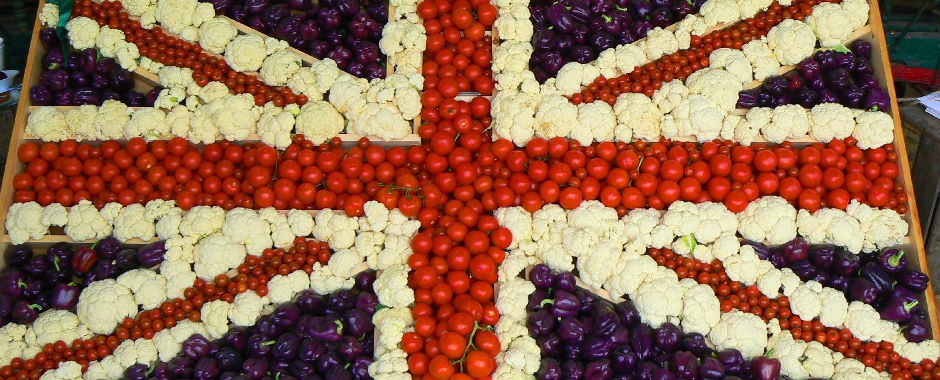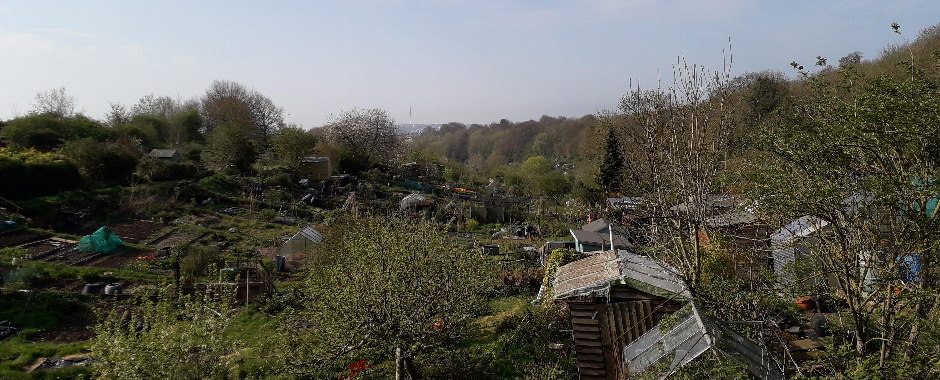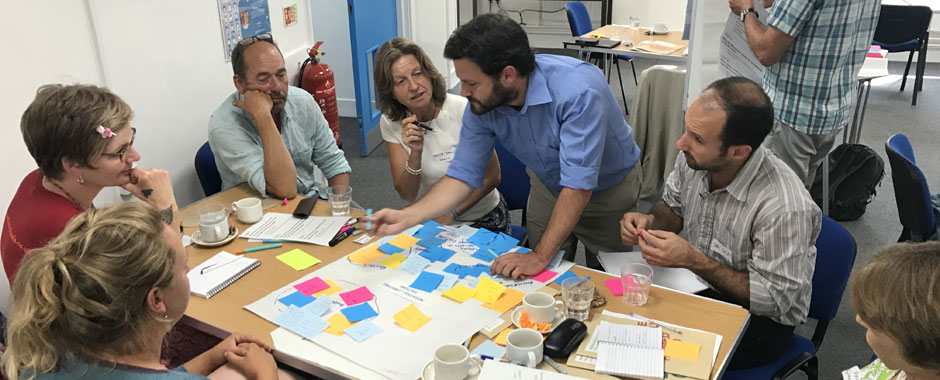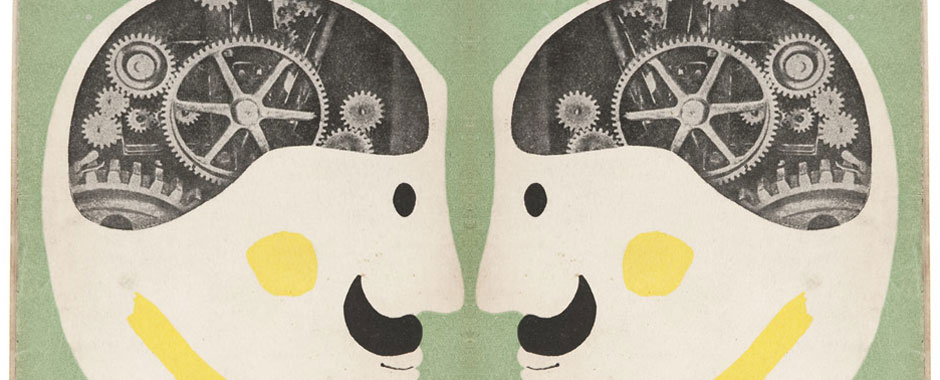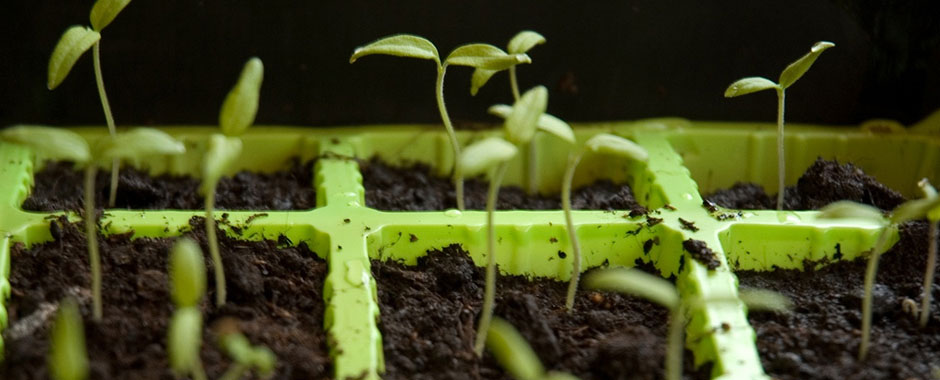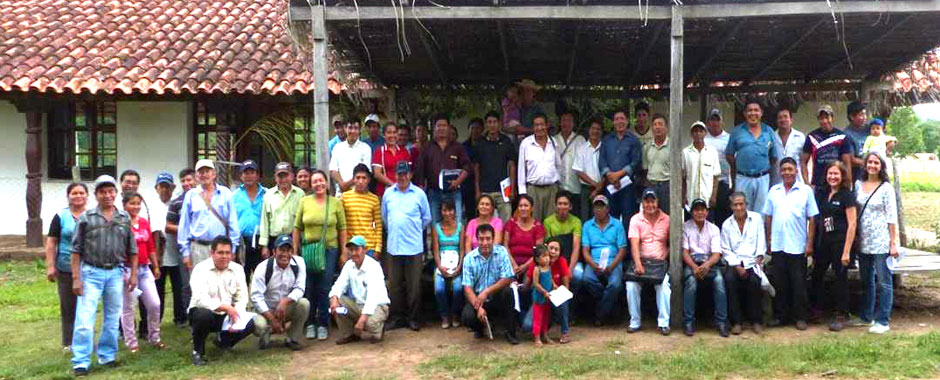Angela Noland, Dominic Glover and Adrian Ely In less than a month’s time, the UK’s relationship with the European Union will change dramatically. Agriculture and food will be among the…
Genome editing in post-Brexit agriculture: Which way for the UK?
Food in the time of Covid-19: how can local action and national coordination work together?
As we approach the end of week 7 of the UK government’s Covid-19 social distancing measures, we have been witnessing a combination of remarkable efforts to sustain the country through…
The 2020 Davos Manifesto: A Manifesto for the Past, Rather than the Future
Out of the networking orgy that is the World Economic Forum (WEF) has emerged the Davos Manifesto 2020: ‘The Universal Purpose of a Company in the Fourth Industrial Revolution’. Unfortunately,…
Doing digital differently: four innovation lessons from the grassroots
by Adrian Smith, Adrian Ely and Phil Jones When Knowle West residents met with artists Paul Hurley and Caleb Parking in 2016, they had little idea they were at the…
Endings and beginnings: project-based work within wider transformations
by Adrian Ely and Elise Wach Since 2016 we have been involved in a small-scale project, as part of the broader ‘Pathways Network’, that has explored how to move towards…
How do we ‘co-produce’ transformative knowledge?
by Andy Stirling, Adrian Ely and Fiona Marshall This is one in a series of four blog posts exploring ideas and case studies on ‘transformations’, drawing on research carried out…
Seeding ideas: knowledge brokering and recombination for agricultural transformations
by Adrian Ely, Paddy Van Zwanenberg, Elise Wach, Martin Obaya and Almendra Cremaschi Straight after the ‘Transformations 2017’ conference, the ‘Pathways’ network gathered at the mid-point in our three year…
Research, convening and bridging: sharing insights from the ISSC’s Transformative Knowledge Networks
by Adrian Ely (co-lead, ‘Pathways’ Network), with contributions from Joanes Atela, Mirna Inturias, Dylan McGarry, Iokiñe Rodríguez & Patrick Van Zwanenberg Working with the World Social Science Council’s ‘Transformations to…
How do we end the dominance of rich countries over sustainability science?
by Patrick van Zwanenberg, Anabel Marin & Adrian Ely With the new Sustainable Development Goals adopted by the UN last year, SciDev.Net has published a timely report on the global…
Four neglected challenges for China’s low carbon future
Last year ended with a momentous political step forward on climate change. The Paris Agreement, signed at the COP21 climate conference in December, requires countries to work together to meet…
